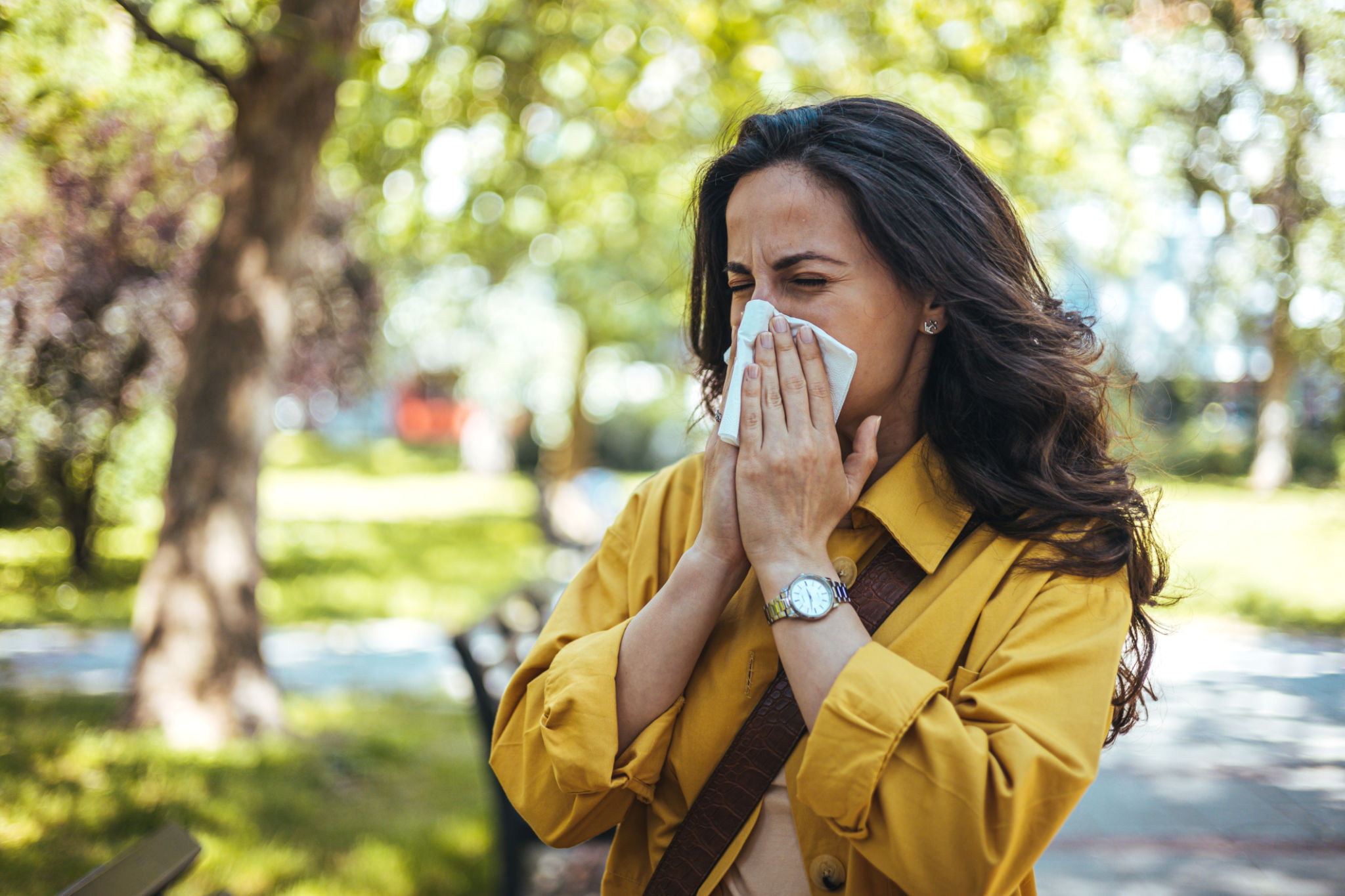Seasonal Healthcare Planning: Preparing for Changes in Cape Coral
Understanding Seasonal Healthcare Needs
As the seasons change, so do our healthcare needs. In Cape Coral, this shift is particularly notable. With variations in temperature and humidity, residents must be prepared to adjust their healthcare routines. Planning ahead can help mitigate seasonal health issues and ensure that you remain in optimal health throughout the year.
Whether it's managing allergies in spring or staying hydrated in summer, being proactive about your health is crucial. Understanding the specific challenges each season brings can help you take preventive measures. This preparation is especially important for those with chronic conditions who may be more sensitive to environmental changes.

Preparing for Winter Challenges
Winter in Cape Coral is mild compared to other regions, but it still poses unique challenges. The cooler temperatures can lead to respiratory issues, particularly for those with asthma or chronic obstructive pulmonary disease (COPD). It's essential to have a plan in place to manage these conditions effectively.
Consider getting a flu shot as part of your winter healthcare strategy. The flu can be more prevalent during the colder months, and vaccination is one of the most effective ways to protect yourself. Additionally, maintaining a balanced diet rich in vitamins and minerals can bolster your immune system against winter ailments.
Maintaining a Healthy Lifestyle
Staying active is important, even when the weather is cooler. Engage in indoor exercises or take advantage of the mild weather for outdoor activities. Regular physical activity helps maintain cardiovascular health and can improve mental well-being during shorter daylight hours.

Spring and Allergy Management
Spring brings a bloom of new life but also triggers seasonal allergies for many residents. Pollen counts tend to rise, leading to sneezing, runny noses, and itchy eyes. Preparing for allergy season involves understanding the triggers and having a management plan in place.
Identify which allergens affect you most and consult with a healthcare provider for appropriate treatments. Over-the-counter antihistamines and nasal sprays can offer relief, but it's important to use them as directed. Keeping windows closed during high pollen days and using air purifiers can also reduce indoor allergens.
Dietary Adjustments for Spring
Your diet can play a significant role in managing allergies. Consider incorporating anti-inflammatory foods such as leafy greens, nuts, and fatty fish into your meals. These foods can help reduce inflammation and alleviate allergy symptoms.

Summer Hydration and Heat Management
Summers in Cape Coral are hot and humid, increasing the risk of dehydration and heat-related illnesses. Staying hydrated is paramount during these months. Ensure you're drinking plenty of water throughout the day and avoid excessive caffeine or alcohol, which can contribute to dehydration.
Seek shade during peak sun hours and wear protective clothing if you're spending extended time outdoors. Applying sunscreen regularly will protect your skin from harmful UV rays. Don't forget to check on vulnerable populations like the elderly, who may need extra care during extreme heat.
Emergency Preparedness for Summer Storms
Summer also marks the beginning of hurricane season. Have an emergency preparedness plan that includes sufficient medications, first aid supplies, and essentials like water and non-perishable food. Staying informed about weather updates and having a communication plan with family members is crucial for safety during storm events.

